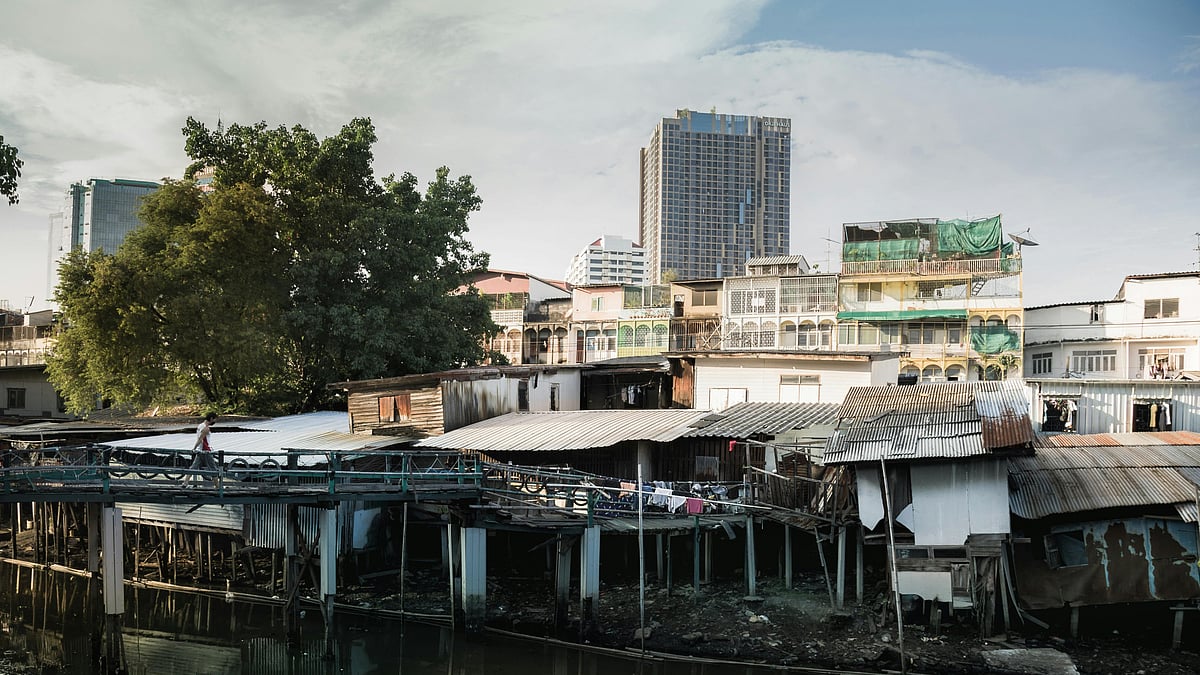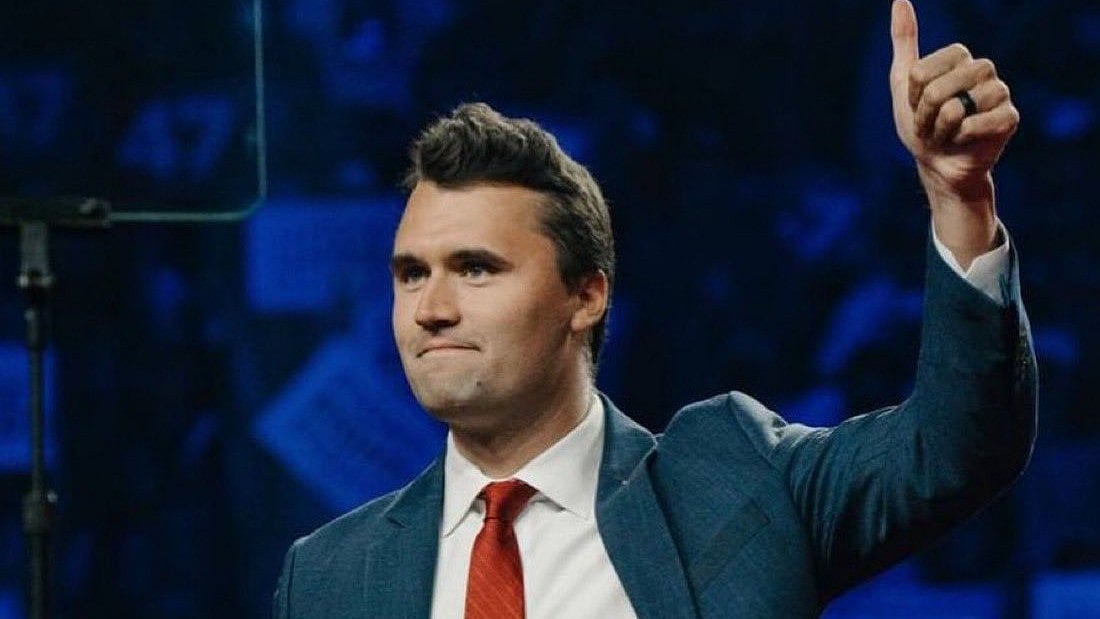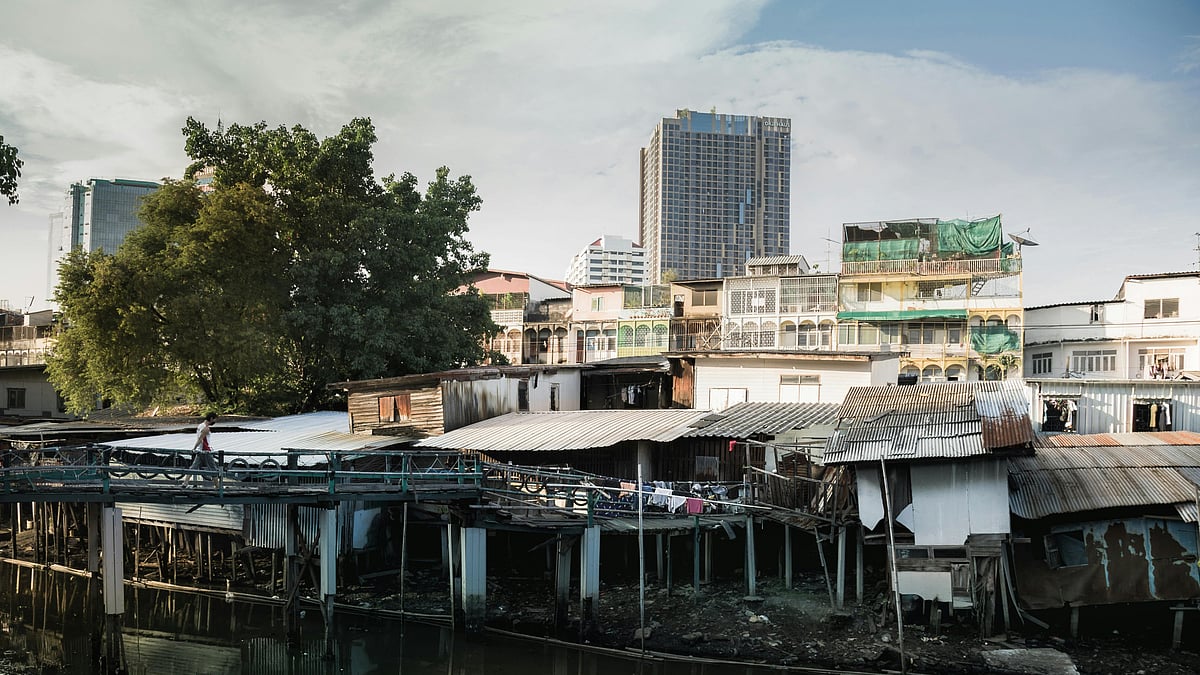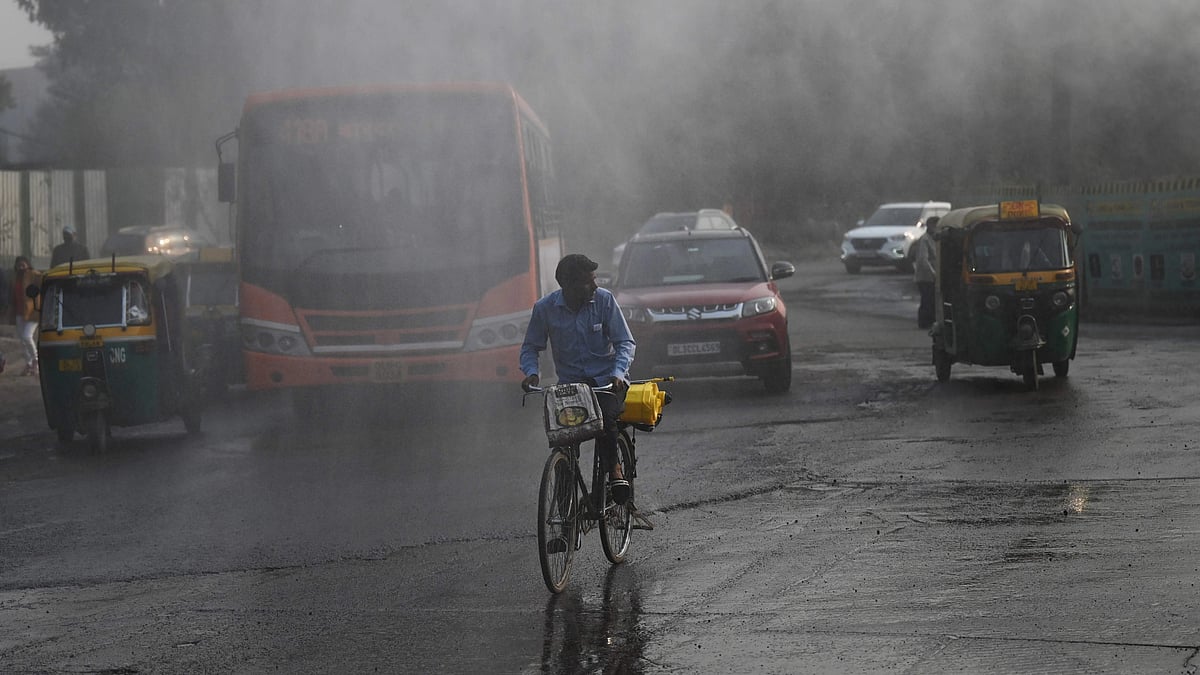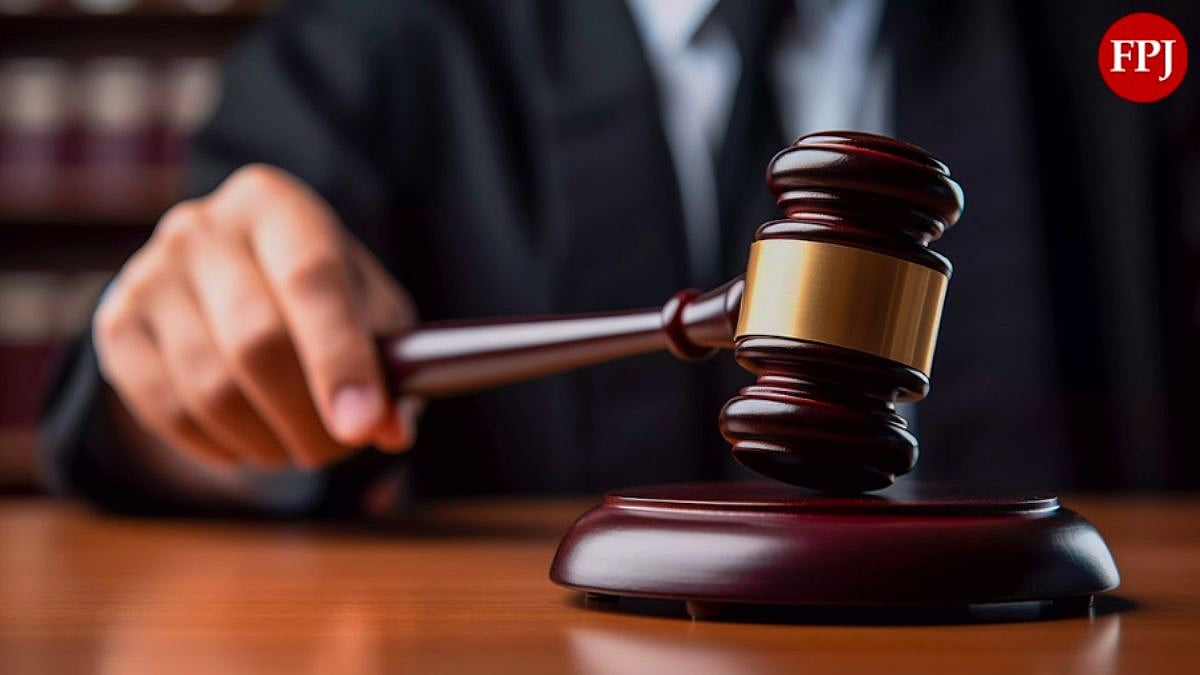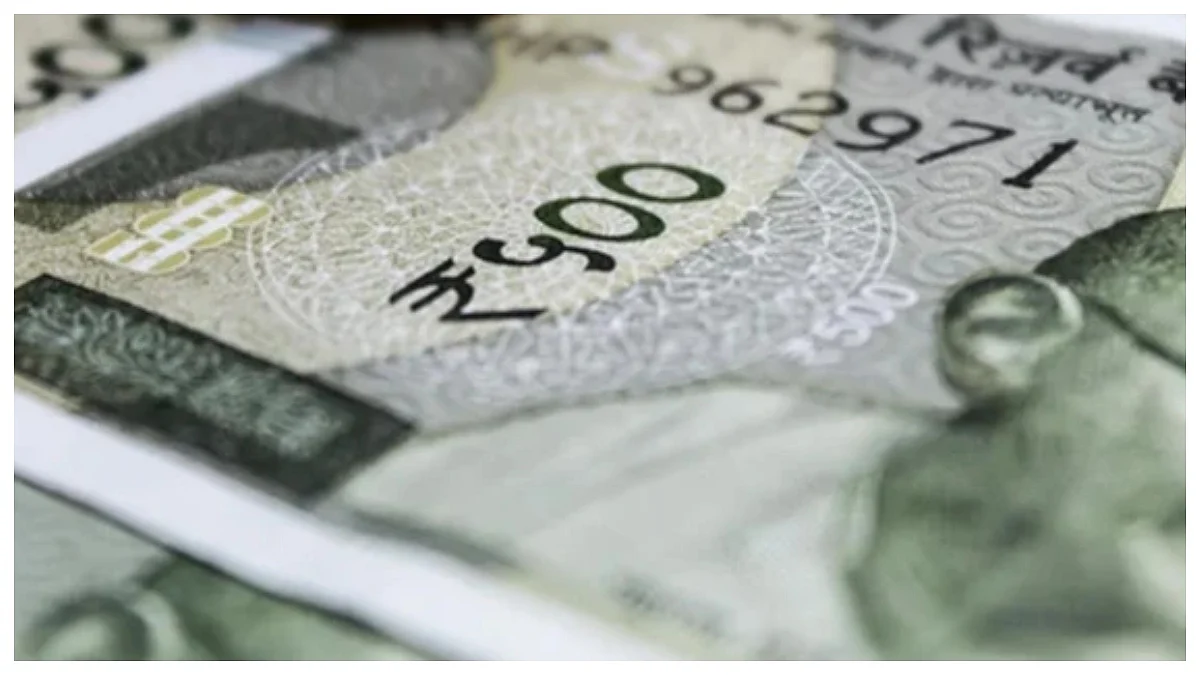Among the claims of India being on its way to becoming the world’s third-largest economy and one of the fastest-growing nations comes a harrowing reality: the top 1%, the richest in India, hold 40.1% of the nation’s wealth, whereas the bottom 50% own just 6.4%. According to a new report commissioned by the South African Presidency of the G20 on global inequality, a study conducted by Nobel Laureate Joseph Stiglitz has revealed that it has reached “emergency” levels globally. The term “emergency level” is no exaggeration because inequality, in essence, has a severe negative impact socially, economically, politically and environmentally, something that we see happening around us the world over—a growth in armed conflicts, a surge in crime linked to racial discrimination, and an increase in the frequency and severity of natural disasters.
In India, the study further reveals, the richest have added to their wealth by 62% between 2000 and 2023, as compared to China, where it is 54%. The Indian story needs a closer look. Finance Minister Nirmala Sitharaman’s somewhat self-congratulatory words, praising India’s rapid growth from the tenth-largest economy in 2014 to the fourth-largest today, ring hollow, as they seem to ignore the plight of the bottom 50% who are fighting for survival. Even if we ignore the bottom section, or lower class, of society, which is surviving mostly on welfare schemes and has negligible political representation, India’s middle class, considered the growth engine of the Indian economy, is also finding it extremely difficult to sustain its middleclassness, as the middle-class status demands a certain level of consumption that is in tune with the current times, which the middle class seems to be struggling to cope with in the face of rising inflation and reducing income.
The biggest impact of economic inequality in India, and the world, has been on society. As education and healthcare are almost inaccessible to the poor, their participation in nation building becomes negligible, and they are reduced to being mere vote banks for politicians. Furthermore, it is a threat to the democratic process in the country. For any country to grow and sustain itself internationally today, a certain level of social and political awareness among its people is required, which can only come with prosperity. In a country where half the population is forever struggling to make both ends meet, such attempts are met with indifference, leading to political polarisation and disintegration of society. As is seen during elections where, instead of voting based on the work done, people vote for a particular caste or religion.
It needs a strong and united political will to counter the weight of the growing inequality if India has to claim its place on the world platform. Otherwise, this rising gap between the haves and the have-nots will undermine whatever has been achieved thus far—economically as well as socially.
